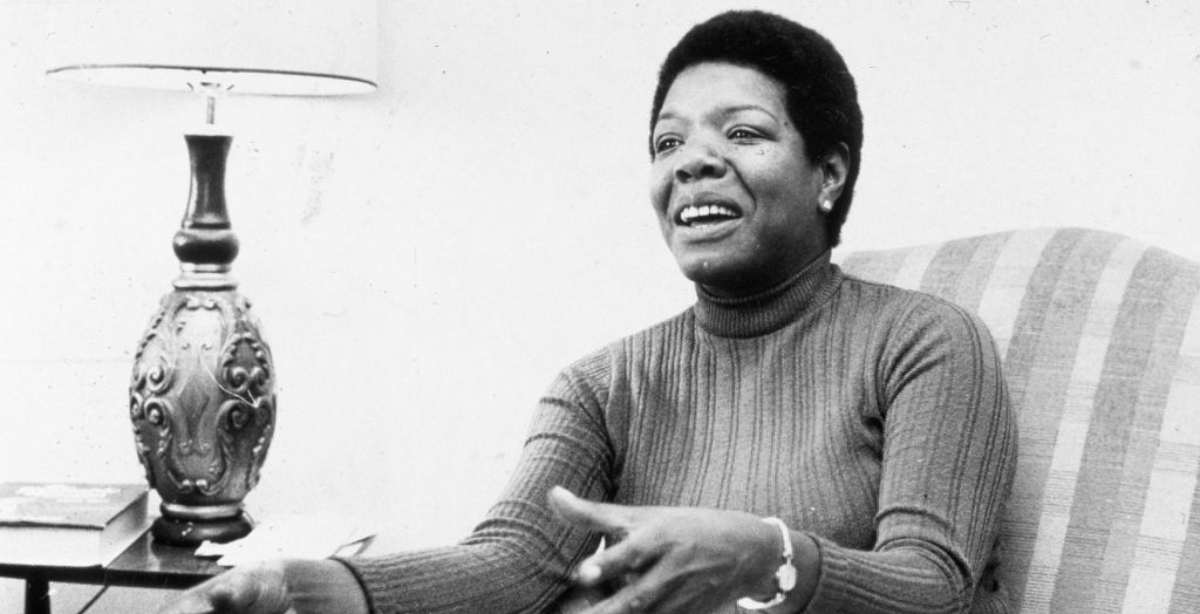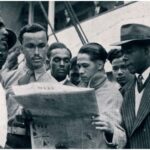The late Maya Angelou, renowned author, poet and activist, also holds a place in San Francisco’s public transit history for being the first Black female streetcar conductor in the city in the 1940s at the age of 16.
Applying for Her “Dream Job”
In interviews and her autobiographical works, Angelou recounted enthusiastically applying for a streetcar conductor job in San Francisco as a teenager in 1943. She was drawn to the uniforms and the prospect of collecting fares and interacting with passengers.
At first, the office refused to give her a job application due to her race and gender, but Angelou persisted on her mother’s advice, essentially staging a sit-in until she was granted an interview. When asked why she wanted the job, Angelou replied “I like the uniforms” and “I like people.” Her determination led to her being hired as one of the first Black conductors.
Breaking Barriers on the Streetcars
The streetcar operator Market Street Railway Company hired the 15-year-old Angelou at a time when the job was almost exclusively held by white men. She endured racist and sexist harassment, but persevered in the role.
In her autobiography “I Know Why the Caged Bird Sings,” Angelou wrote of proudly wearing the conductor’s uniform and navigating the city’s hills and neighborhoods on the streetcars. She likely worked on multiple lines that ran from the beach through downtown to the Ferry Building.
Her pioneering role as a conductor preceded the first Black female streetcar motormen and cable car operators by several decades.
Lasting Impact on San Francisco Transit
While Angelou was not the absolute first Black streetcar operator in San Francisco, she was undoubtedly among the earliest. Transit employment records are long gone, preventing definitive confirmation.
But Angelou’s significance is undisputed in being the first Black women to integrate the role. She paved the way for other people of color and women in transportation jobs.
A streetcar preserved by the nonprofit Market Street Railway may soon be restored and named in Angelou’s honor for her bold step forward.
Lessons Learned at 16
Angelou reflected that her 5 months as a conductor taught her strength and determination to achieve her goals despite obstacles.
Even decades later, Angelou could vividly recall details of the lines she worked and the sights along the routes. She focused on the positive experiences that affirmed her self-confidence.
At just 16 in a difficult era, Angelou proved she could succeed in a role largely off-limits to women of color. Her time as a barrier-breaking streetcar conductor was just the start of her trailblazing path.





